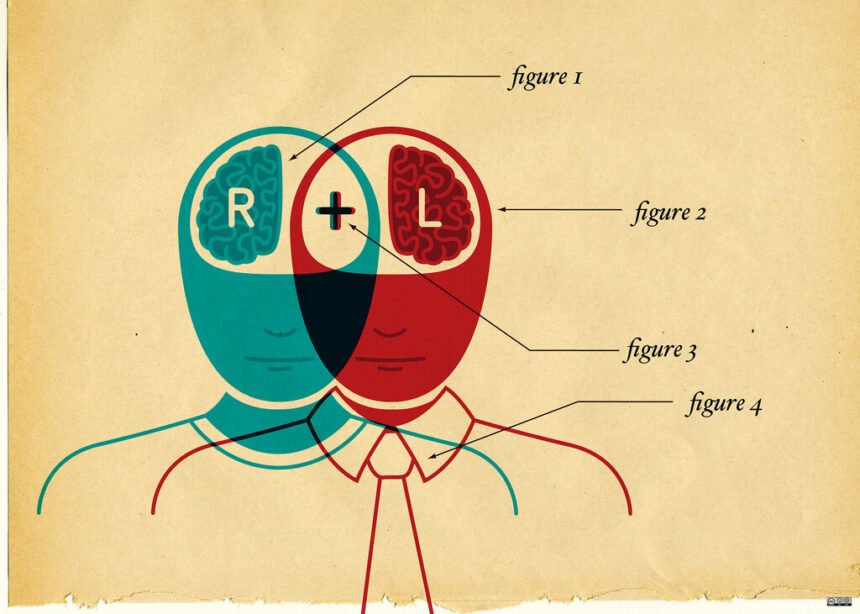The EU’s General Data Protection Regulation (GDPR), which I discussed in a previous post, reaffirms that an individual’s data is their property, meaning they have the right to determine how and when the data is used and who it is shared with. The regulation was first introduced in 2016, following public outcry over regarding the practices of data merchants selling private information to unauthorized third parties. GDPR is one more reminder that consumers have grown wary of organizations only using people’s data to turn profits.
Using Big Data to Promote Transparency
Unfortunately, what has been lost in this discussion is the fact that many organizations – both private sector and non-profits – are effectively leveraging Big Data to make headway in addressing key challenges around the globe. For example, Rutgers University recently profiled the Open Government Partnership (OGP), which, is working hard to make a big difference with big data.
The OGP collect data and distributes data to “promote transparency, empower citizens, fight corruption, and harness new technologies to strengthen governance.” The OGP’s mission is to make the world better through data by encouraging government transparency and working to educate citizens. During the last seven years, OGP’s outreach has grown from eight countries to 75; it also includes 20 local governments.
According to Mark Robinson, Global Director of Governance at the World Resources Institute, “OGP is reaching out to the private sector to bring it into the conversation on issues such as public service delivery and anti-corruption.”
Using data to Fuel Public-Private Partnerships
With greater awareness surrounding the potential that big data, analytics, and AI can offer, the private sector continues to leverage these innovations for greater profitability. However, advancements in these technologies are helping to fuel Public-Private Partnerships (PPPs).
For example, the U.S. Department of Commerce has been collecting data on patents, population, and weather since 1790. Because this wealth of information is available to the public, private entities can use it to inform business decisions.,
The Commerce Department adds another 20 terabytes of data each day and healthcare organizations are leveraging this massive amount of data and analytics to better understand how purchasing decisions impact health outcomes for at-risk segments of the population. Armed with this insight, drug companies, hospitals, doctors, and telehealth startups can take develop data-based strategies to address the medical needs of at-risk population segments.
Vodafone is also using data to improve healthcare. In one Vodaphone initiative, “Big Data for Social Good, the company is using anonymized mobile phone data to track epidemics, pandemics, and other public health issues. Nuria Oliver, director of data science research for Vodafone, says they also track natural disasters and data regarding emergency responders, seeking ways to optimize response and recovery times to these disasters. Additionally, the company analyzes economic data and urban planning statistics to create multidisciplinary research teams that include “epidemiologists, experts from the public sector, as well as the technical data people.” These teams look at massive amounts of aggregated mobile data and conduct research to address health, disaster, and economic problems.
Branch is another example of a non-profit using data to solve a problem. Branch is an app created to address a gap in financial assistance for struggling entrepreneurs in Sub-Saharan Africa. The app employs machine learning to assess a borrower’s financial credibility, relying first on data from mobile banking apps, second on information from trust networks and a borrower’s community. A micro-finance institution or philanthropist can bypass traditional banking channels and use Branch to get money into the hands of an entrepreneur who may not qualify for standard bank loans.
Big Data for Social Good
Elsewhere, Nuria Oliver, director of data science research for Vodafone, is working on an initiative called “Big Data for Social Good.” She uses anonymized mobile phone data to track epidemics, pandemics, and other public health issues. She also looks at natural disasters and data regarding emergency responders, analyzing how to optimize response and recovery. Furthermore, she looks at economic data, socio-economic factors, and urban planning statistics. This all goes toward creating multidisciplinary research teams that include “epidemiologists, experts from the public sector, as well as the technical data people.” These teams look at massive amounts of aggregated mobile data and conduct research to address health, disaster, and economic problems.
Connecting the Dots
Organizations such as Vodafone and Branch are utilizing data to address problems. In today’s world of venture capital, micro-lending, crowdfunding, startup incubators, and government grants, the money is out there, and there are plenty of problems big data can go toward solving. All it takes is an organization of forward-thinking individuals to connect the dots.








